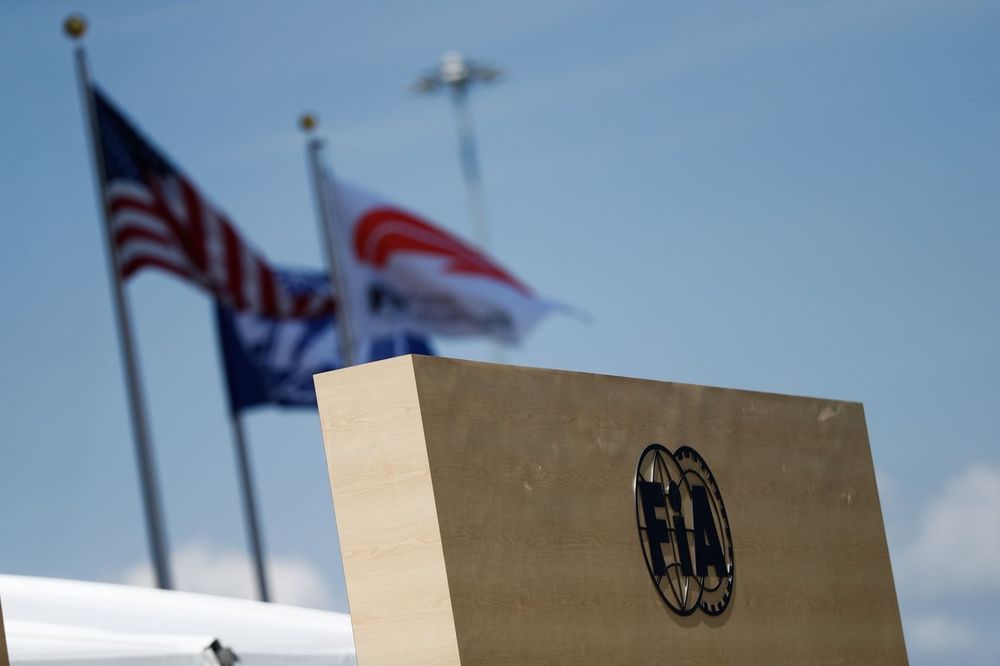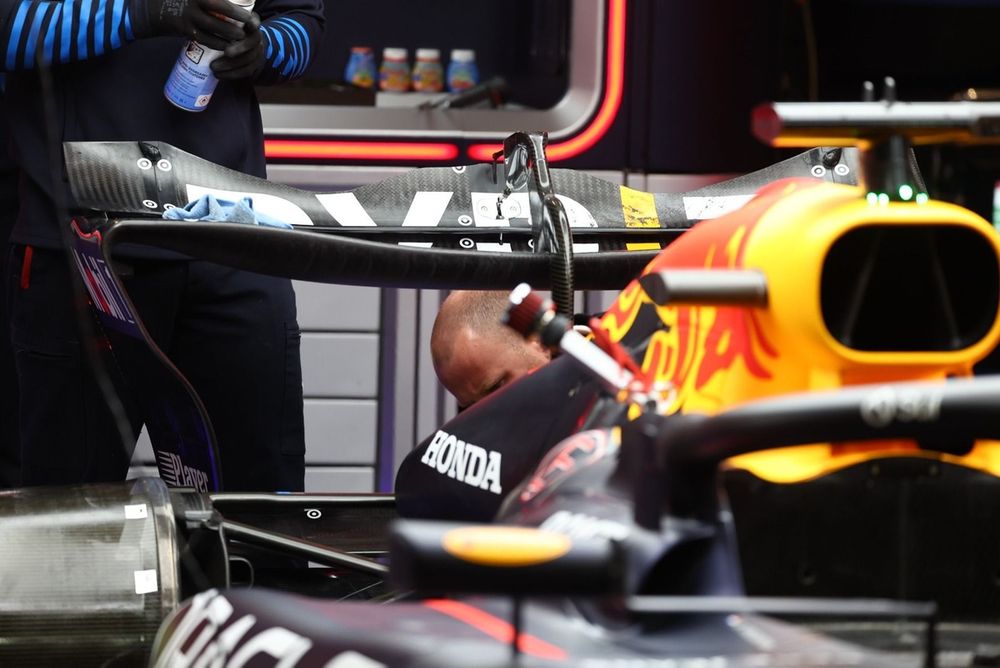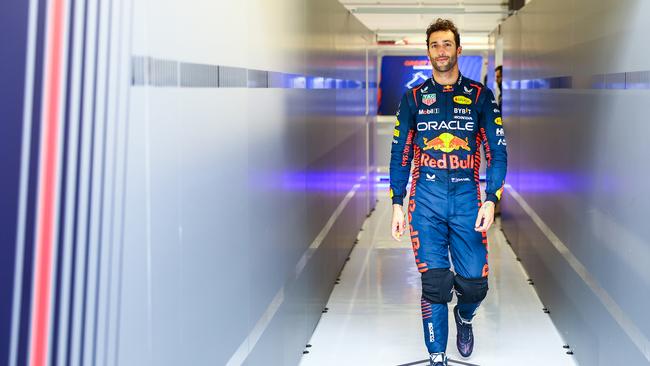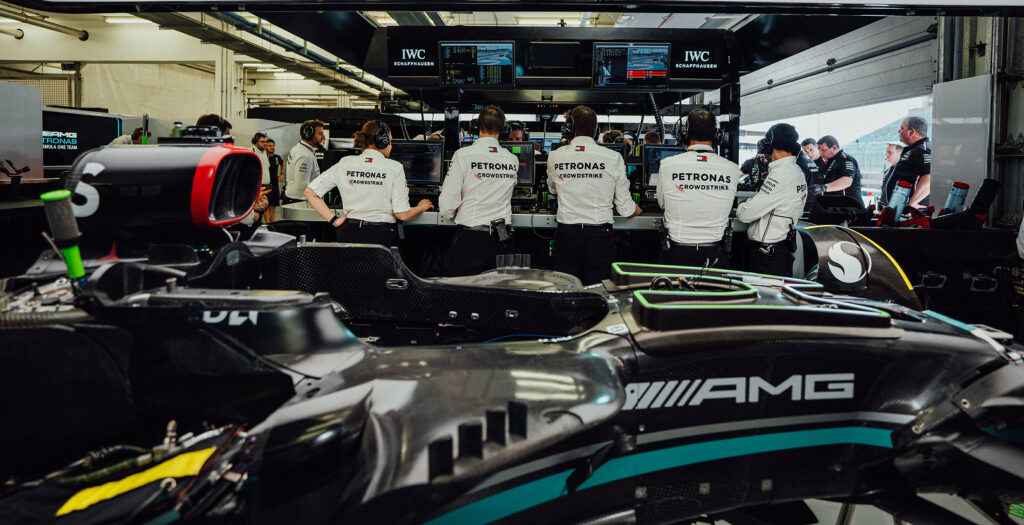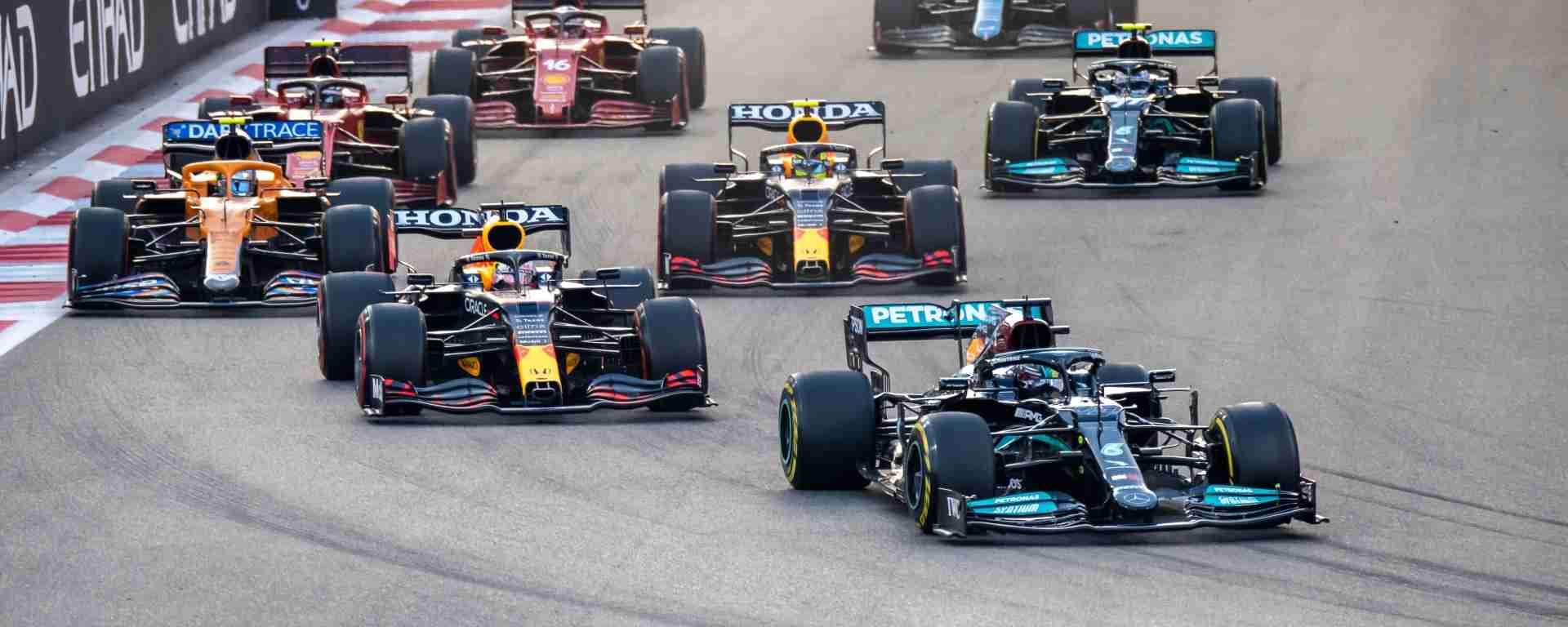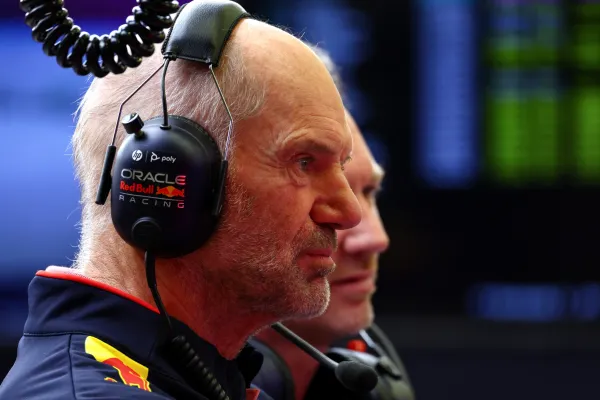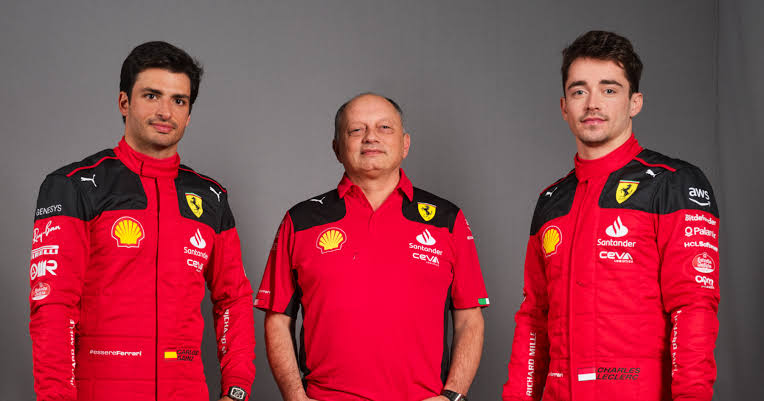Revving Up For Success: All F1 Teams Sign New 2026 Concorde Agreement
In a monumental move that solidifies the future of Formula 1, all 11 teams set to compete in the 2026 season have signed the new Concorde Commercial Agreement. This historic agreement not only ensures the long-term economic strength of the sport but also marks a significant milestone in the evolution of F1. As the world’s premier racing series continues to grow in popularity and global reach, understanding the implications of this agreement is crucial for fans and stakeholders alike.
What is the Concorde Agreement?
The Concorde Agreement is a comprehensive contract between Formula 1, its governing body the FIA (Fédération Internationale de l’Automobile), and the participating teams. It serves as the foundation for how F1 operates, covering two key aspects: the regulatory framework and the commercial terms. The regulatory framework sets the rules for competition, ensuring fair play and safety across all teams. Meanwhile, the commercial terms outline how revenue is distributed among teams, including broadcast rights and sponsorship deals.
This agreement is not just a legal document; it’s a blueprint for the sport’s future success. By signing the 2026 Concorde Commercial Agreement, teams have committed to a five-year period that will see significant changes in the sport, including new car designs and power units. This commitment underscores the confidence teams have in F1’s growth and stability.
The Impact of the 2026 Concorde Agreement
The signing of the 2026 Concorde Commercial Agreement is a testament to the collaborative spirit among F1 stakeholders. It ensures that all teams, including newcomer Cadillac, will benefit from a stable financial framework. This stability is crucial as F1 prepares for major regulatory changes in 2026, which will introduce new cars and power units. These changes aim to enhance competition and reduce environmental impact, aligning with the sport’s commitment to sustainability.
The agreement also highlights F1’s strong position as a global sport. With its popularity soaring and new markets opening up, the sport is poised for continued growth. The recent extension of Formula 1 CEO and President Stefano Domenicali’s tenure until 2029 further reinforces this stability, receiving widespread approval from drivers and team principals. Seven-time World Champion Lewis Hamilton praised the decision, noting the importance of consistent leadership in driving the sport forward.
How Does the Agreement Benefit Teams?
The Concorde Agreement provides a level playing field for all teams by ensuring equitable distribution of revenue. This financial stability allows teams to invest in technology and talent, fostering a competitive environment that benefits both established teams and newcomers like Cadillac. The agreement also incentivizes innovation, as teams can plan long-term strategies without financial uncertainty.
For fans, this means more exciting races and closer competition. As teams are able to invest more in research and development, the gap between top-tier teams and newcomers narrows, leading to more unpredictable outcomes on the track.
The Role of Cadillac in F1’s Future
Cadillac’s entry into F1 in 2026 marks a significant moment for the sport. As a new team, Cadillac brings fresh enthusiasm and resources, expanding F1’s reach into new markets. The inclusion of Cadillac in the Concorde Agreement demonstrates the sport’s appeal to major automotive brands, further solidifying its position as a premier platform for technological innovation and brand exposure.
Innovative Marketing in F1
F1’s success is not just about racing; it’s also about branding and marketing. The sport has become a hub for innovative marketing strategies, with teams and sponsors leveraging digital platforms to engage fans worldwide.
Sustainability and Environmental Impact
One of the key focuses of the new agreement is sustainability. F1 has committed to becoming carbon neutral by 2030, and the 2026 regulations will play a crucial role in achieving this goal. The introduction of new power units, which will be more efficient and environmentally friendly, aligns with the sport’s broader sustainability strategy. This shift not only enhances F1’s environmental credentials but also positions it as a leader in automotive innovation.
To learn more about how F1 is embracing sustainability, check out our article on “F1’s Path to Carbon Neutrality: Innovations and Challenges“.
Fan Engagement and Digital Transformation
The Concorde Agreement also acknowledges the importance of fan engagement and digital transformation in F1. With the rise of social media and streaming services, fans now have more ways than ever to connect with the sport. F1 has been at the forefront of leveraging these platforms to enhance the fan experience, from live streaming races to interactive content that brings fans closer to the action.
For a deeper dive into how F1 is using digital platforms to engage fans, see our article on “F1 in the Digital Age: How Technology is Revolutionizing Fan Engagement“.
Future Outlook and Challenges
As F1 looks to the future, several challenges and opportunities lie ahead. The sport must balance its commitment to sustainability with the need for high-performance racing. Additionally, managing the financial implications of new regulations while maintaining a competitive balance among teams will be crucial.
Despite these challenges, the future of F1 is bright. With a strong leadership team, innovative marketing strategies, and a commitment to sustainability, the sport is well-positioned to continue its growth trajectory. As new teams join and existing ones evolve, fans can expect more excitement on and off the track.
To explore how other sports are navigating similar challenges and opportunities, consider the strategies used by F1 teams to maintain their edge. See our article for insights into how another premier racing series is evolving.
Conclusion: A Bright Future for F1
The signing of the 2026 Concorde Commercial Agreement is a milestone that underscores F1’s commitment to growth, stability, and innovation. As the sport continues to evolve with new technologies and teams, fans can expect more thrilling races and closer competition. With its global reach expanding and its financial future secured, F1 is revving up for a decade of success.
Whether you’re a seasoned fan or just discovering the thrill of F1, this agreement marks an exciting time for the sport. As F1 continues to push boundaries in technology and entertainment, it remains one of the most captivating sports in the world. Stay tuned for more updates on the 2026 season and beyond, as F1 accelerates into a brighter future.
In conclusion, the signing of the 2026 Concorde Agreement marks a pivotal moment in F1’s history, setting the stage for a decade of growth, innovation, and thrilling racing. As the sport continues to evolve, fans around the world will be eagerly watching to see what the future holds for Formula 1.
